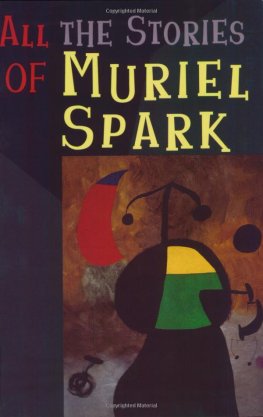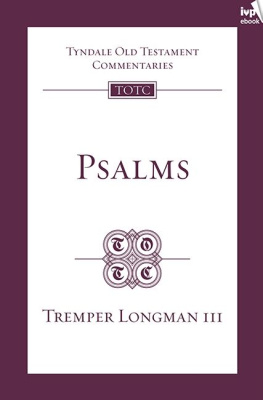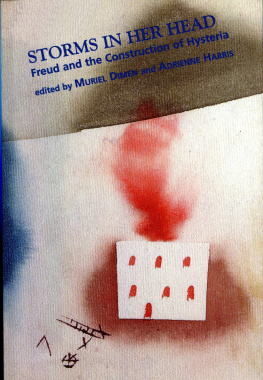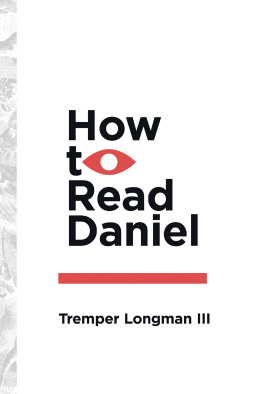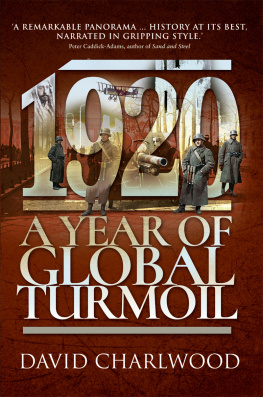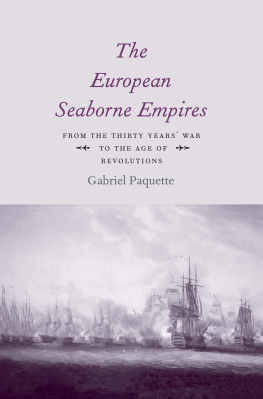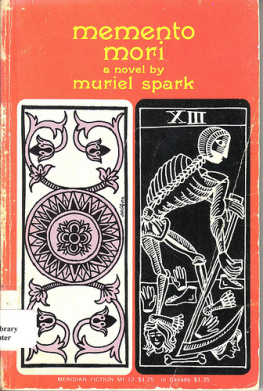THE LONGMAN COMPANION TO
THE FORMATION OF THE EUROPEAN EMPIRES, 14881920
LONGMAN COMPANIONS TO HISTORY
General Editors: Chris Cook and John Stevenson
The following Companions to History are now available:
Renaissance Europe, 13901530
Stella Fletcher
The European Reformation
Mark Greengrass
The Tudor Age
Rosemary ODay
The Stuart Age, 16031714
John Wroughton
Britain in the Eighteenth Century, 16881820
Jeremy Gregory and John Stevenson
European Nationalism, 17891920
Raymond Pearson
European Decolonisation
Muriel E. Chamberlain
The Middle East since 1914 (Second Edition)
Ritchie Ovendale
America, 19101945
Patrick Renshaw
Nazi Germany
Tim Kirk
Britain since 1945
Chris Cook and John Stevenson
Germany since 1945
Adrian Webb
The European Union since 1945
Alasdair Blair
Imperial Russia, 16951917
David Longley
Napoleonic Europe
Clive Emsley
Britain in the Nineteenth Century, 18151914
Chris Cook
The Labour Party, 19001998
Harry Harmer
Russia since 1914
Martin McCauley
Britain, 191445
Andrew Thorpe
America, Russia and the Cold War, 19411998 (Second Edition)
John W. Young
First published 2000 by Pearson Education Limited
Published 2014 by Routledge
2 Park Square, Milton Park, Abingdon, Oxon OX14 4RN
711 Third Avenue, New York, NY 10017, USA
Routledge is an imprint of the Taylor & Francis Group, an informa business
Copyright 2000, Taylor & Francis.
The right of Muriel E. Chamberlain to be identified as author of this Work has been asserted by her in accordance with the Copyright, Designs and Patents Act 1998.
All rights reserved. No part of this book may be reprinted or reproduced or utilised in any form or by any electronic, mechanical, or other means, now known or hereafter invented, including photocopying and recording, or in any information storage or retrieval system, without permission in writing from the publishers.
Notices
Knowledge and best practice in this field are constantly changing. As new research and experience broaden our understanding, changes in research methods, professional practices, or medical treatment may become necessary.
Practitioners and researchers must always rely on their own experience and knowledge in evaluating and using any information, methods, compounds, or experiments described herein. In using such information or methods they should be mindful of their own safety and the safety of others, including parties for whom they have a professional responsibility.
To the fullest extent of the law, neither the Publisher nor the authors, contributors, or editors, assume any liability for any injury and/or damage to persons or property as a matter of products liability, negligence or otherwise, or from any use or operation of any methods, products, instructions, or ideas contained in the material herein.
ISBN 13: 978-0-582-36979-5 (pbk)
British Library Cataloguing-in-Publication Data
A catalogue record for this book is available from the British Library
Library of Congress Cataloging-in-Publication Data
A catalog record for this book can be obtained from the Library of Congress
Typeset by 35
Whatever one may think of the morality of empire, it is undeniable that the European empires, created between the late fifteenth and the early twentieth centuries, have shaped the modern world, certainly in its political and economic aspects and often culturally as well. They began not in strength but in weakness, when Europe itself was still in retreat from the forces of Islam, but by the late nineteenth century Europe seemed invincible. The watershed was the First World War, although this was not immediately apparent. Some empires, like the British, actually grew larger after 1918 with the acquisition of mandated territories. But the creation of the League of Nations and the establishment of the mandate system marked the beginning of a change in world opinion. The smash and grab tactics of the nineteenth and earlier centuries were no longer acceptable.
In one sense the present book is Volume One to the authors European Decolonisation in the Twentieth Century, setting the scene for the developments of that century. As in the earlier work only certain aspects could be covered. Only the European maritime empires are included. The equally large and important land empires of Russia and the United States are not. Very important controversies about the reasons for European expansion and the reactions of the non-European peoples could only be hinted at.
My thanks are due to my successor as the Head of the History Department in the University of Wales Swansea, Professor David Eastwood, who readily allowed me to continue to use departmental facilities to enable me to finish this book.
Professor M.E. Chamberlain
July 2000



